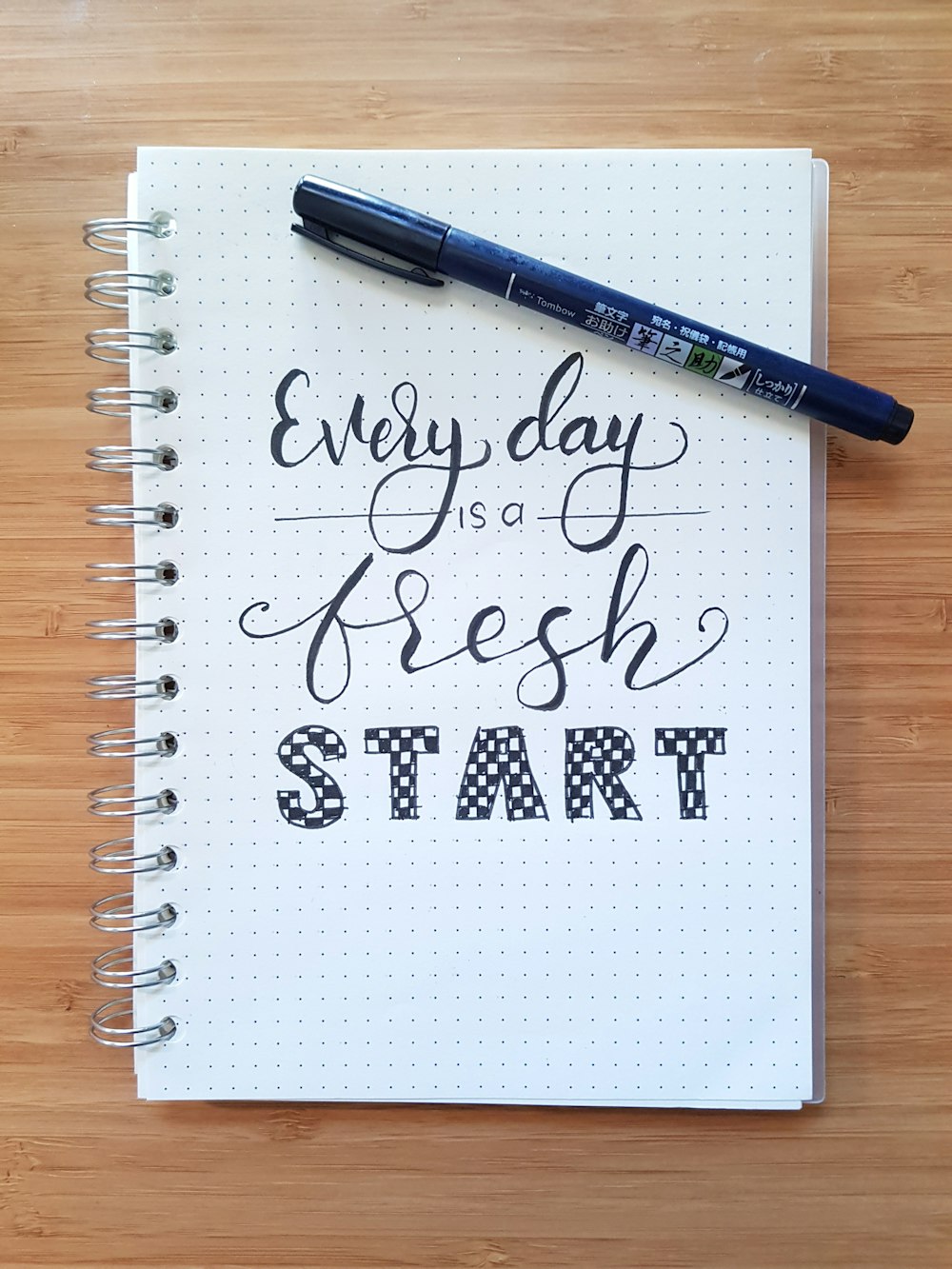Think back, ALL the way back, to your first year of teaching. What do you remember? Were you as effective as you hoped to be? I often joke that I want to go back to apologize to those students, as it was a rough first year. There are many things I wish I knew as a first-year teacher. Let’s take a look at the conversation that “took place” between me as a first-year teacher and me currently as a tenth-year teacher.
First-year me: This is you, 10 years ago. I just finished college. I started my first physical education teaching job at a K-8 school a few weeks ago. I’m scared. I thought I knew how to teach. Students occasionally do the opposite of what I say. Why aren’t students listening to me? What did I do wrong? I don’t know if this is the job for me. PLEASE HELP!
Tenth-year me: First of all, remember to breathe. What your feeling is normal for a first-year teacher. There will be good days and bad days. To be honest, I still question myself now and then. I still make mistakes. You are never going to be a “perfect teacher.” The key is to remember why you got into this profession in the first place. Your love for students and making a difference in their lives. Always remember your ‘WHY’.
First-year me: I am a prepared teacher with progressions, assessments, reflection, etc. I have the necessary equipment and gym space to teach. I understand the developmental levels of certain students. I have a lesson plan prepared that I follow religiously. So, why aren’t more students successful in my class? I feel like there is something missing.
Tenth-year me: I love your preparation. It sounds like you are planning great lessons. Remember, we are teaching students, not the lesson plan. It’s great to be prepared, but sometimes you have to adapt based on what your students need in that moment. For example, it is best to re-teach something if they don’t understand rather than moving on just because the lesson plan said so.
First-year me: I feel some students don’t listen because they dislike me.
Tenth-year me: Try not to take the misbehavior of students personally. Oftentimes when students act out, there is a deeper issue. Usually, something else that happened at home. Talk with them privately and show that you care about them, even if they aren’t being respectful to you at the moment. Something like, “There seems to be something off today. Can you please help me understand what is going on so I can help you?” Empathize with them, share a time you have felt that way, etc. This shows that you are a human being too. We are in this together. We are here for you.
First-year me: I want students to like me, so I try to be nice. Occasionally, I skip my progressions because I know they just want to play the game. But then I feel they might be taking advantage of me because I’m new and being nice. Thoughts?
Tenth-year me: You definitely want to be respectful with your students and you want them to know that we are all in this together. However, there needs to be a line drawn between teacher and student. Giving them choices is good because it increases “buy-in”, but make sure the choices provided all help meet the objective, rather than skipping important parts of the lesson and missing out on the objective.
First-year me: I feel like I’m all alone. I’m working SO hard. How much longer can I do this??
Tenth-year me: Teaching is tiring. There is no getting around that. Having said that, it is important to find a support system. Mine is my family, friends, and Twitter. I quickly realized that much of the problems I was having in class, other teachers had as well. Twitter is a gathering place for us to learn from each other. Teachers are constantly sharing ideas, providing resources, and answering questions others have.
First-year me: That’s great. I feel like I’m exhausted each night because I’m always trying to work so hard. Is this normal?
Tenth-year me: This is quite common for teachers, regardless of how long they have been teaching. It’s something I’m STILL working on. Take time for yourself: Having balance in your life is crucial. Blogger Katie Reed said, “Self-care is giving the world the best of you, instead of what’s left of you.” Teacher and curriculum designer Kristina Scully shared this picture with many tips teachers can do to improve “self-care”.
First-year me: I feel younger students aren’t being as nice or solving problems correctly. Do I just have a tough class?
Tenth-year me: Social skills like cooperation and problem solving need to be practiced just like other skills. As the teacher, model desired behavior and have students practice them often. For example, we have a “Conflict Corner” where students go if they need to 
First-year me: I feel like all students want to do is play their favorite sport. How do I get them engaged in lessons, regardless of what skill or game we are working on?
Tenth-year me: Make Learning Relevant: Everything you teach, explain how it could impact students. For example, I teach many skills that improve hand-eye coordination like catching scarves, striking with paddles, and jumping rope. As a class, we discuss other activities that they do regularly that improve hand-eye coordination (handwriting, playing catch, riding a bike, etc.). Making this connection makes it relevant and meaningful for them. Another example is determining what your class is interested in this year. Last year they might have been interested in Fortnite, while this year it might be Pokemon. Use Pokemon signs and terminology when appropriate to improve engagement. You’ll be amazed at how interested they will be to do a word problem in math when it involves something they enjoy.
First-year me: Thank you for all the help. Any last advice?
Tenth-year me: Establish relationships and be “real” with your students. Talk with them outside of class. Tell them you care about them and that you want them to succeed. Allow them into your life a bit. Share what you are interested in. Find what you have in common with them, and run with it. You’ll be amazed at how much that means to students. The old saying is true: “They don’t care how much you know until they know how much you care.” Also, don’t be afraid to make mistakes. It is actually helpful when you do make them because you can model how to overcome adversity in front of students. This shows that you are human and that making mistakes is part of life. We will never be a “perfect teacher.” Keep learning, growing, and doing whatever you can to inspire your students!
I am reminded of the famous quote, “If only we knew then what we know now.” If you could have a conversation with yourself as a first-year teacher, what advice would you give?
The post Back to the Future – Where is Doc when you need him? appeared first on STORIES FROM SCHOOL AZ.
 from STORIES FROM SCHOOL AZ | RSS Feed https://ift.tt/3l1Zb7H
from STORIES FROM SCHOOL AZ | RSS Feed https://ift.tt/3l1Zb7Hvia IFTTT

Comments
Post a Comment